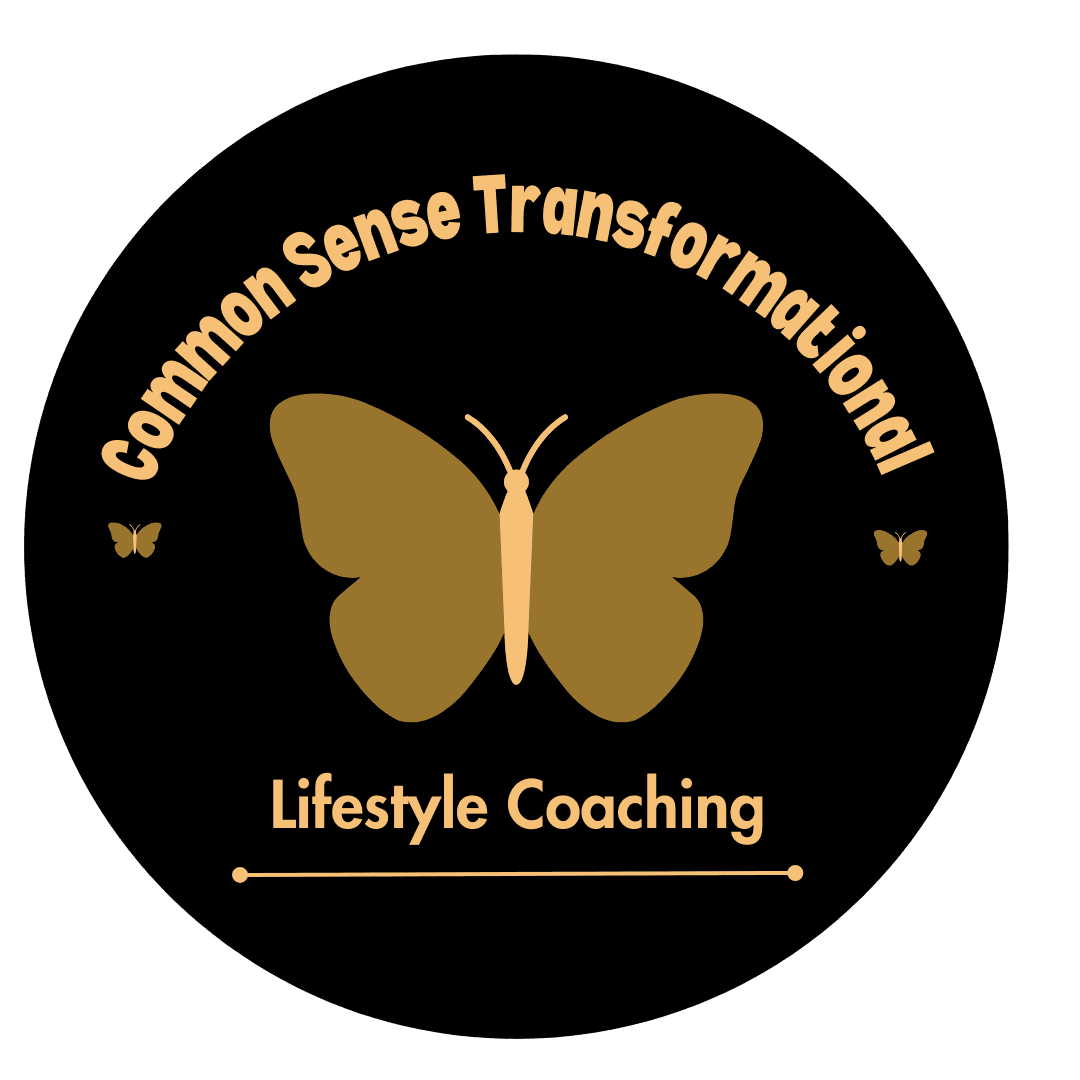Common Personal Growth Challenges and How to Overcome Them

Posted on August 12th, 2024
Investing in personal growth can sometimes feel like a daunting, yet incredibly rewarding journey. Picture this: taking time to truly understand yourself, learning, unlearning, and relearning aspects of your life that you might have taken for granted.
Everyday stressors can sometimes cloud our ability to focus on self-growth. Work deadlines, personal commitments, and even internal struggles can create barriers that seem insurmountable.
Have you ever found yourself so overwhelmed that you couldn't pinpoint the source of your stress? That’s where a personal growth plan becomes invaluable.
By breaking down these barriers systematically, you can manage small, actionable steps toward improvement. This self-discovery process can be the key to enhancing your quality of life by fostering resilience and a sense of fulfillment.
The Importance of Personal Growth
Personal growth is the ongoing process of acknowledging and developing oneself to achieve one’s fullest potential. It is a key component of our emotional, intellectual, and professional well-being. Think about it—when was the last time you learned something new about yourself or developed a new skill?
This process of continual self-improvement matters because it helps us go through life’s challenges with a clearer, more focused approach. Not only does it make us more adaptable, but also more self-aware, which is crucial for making informed decisions.
Personal growth matters because:
- It directly influences your quality of life. Improved mental health, increased resilience, and a sense of fulfillment often accompany those who commit to their own development.
- Moreover, this journey is not just about you; it impacts how you interact with others, fostering stronger and more meaningful relationships.
Moreover, personal development is a journey, not a destination. It's an ongoing process that evolves with each new experience and challenge. Imagine learning to set boundaries for the first time. Initially, it might feel uncomfortable, but over time, it becomes second nature, empowering you to create a balanced life.
Identifying Common Barriers to Self-Growth
Recognizing and identifying barriers to self-growth is the first pivotal step on your journey to self-improvement. These barriers often manifest in numerous ways, affecting our mental and emotional well-being. Some common personal growth challenges include:
Fear of Failure
Many of us struggle with taking risks because we are afraid of making mistakes and facing judgment. This fear can stifle personal growth, leading to missed opportunities and a hesitance to step out of our comfort zones. When faced with challenges, this fear can escalate feelings of anxiety and self-doubt, hindering progress.
Procrastination
Another significant barrier is procrastination. Putting off important tasks or decisions can create a cycle of stress and guilt, further impeding personal growth. It’s a manifestation of hidden issues such as lack of motivation, perfectionism, or even fear of success. Each time you postpone an important task, you delay your self-improvement journey, making the barrier stronger and more difficult to overcome.
Negative Self-Talk and Limiting Beliefs
 Negative self-talk and limiting beliefs are equally pervasive. These internal dialogues often begin as whispers and grow louder over time, convincing you that you are not good enough or capable of achieving your goals. Such negative thinking patterns can diminish your self-esteem and erode your motivation to pursue personal growth.
Negative self-talk and limiting beliefs are equally pervasive. These internal dialogues often begin as whispers and grow louder over time, convincing you that you are not good enough or capable of achieving your goals. Such negative thinking patterns can diminish your self-esteem and erode your motivation to pursue personal growth.
For instance, someone aiming for self-growth might constantly tell themselves they can't succeed, effectively sabotaging their efforts before they've even begun. This mental barrier is particularly insidious because it operates from within, often unnoticed, yet it profoundly influences how you perceive your potential.
The impact is far-reaching, affecting everything from your professional aspirations to your interpersonal relationships.
Life Responsibilities
Life responsibilities, like demanding jobs or family obligations, can leave you with little time or energy for personal development. These external pressures can make it challenging to focus on self-improvement, as you're constantly juggling multiple roles and obligations. Time management issues often arise, where prioritizing personal growth tends to take a back seat.
Additionally, social environments can either support or hinder your journey. Surrounding yourself with people who are unsupportive or critical can stymie your efforts to grow. It's crucial to build a network that understands and encourages your desire for personal growth.
Developing a Growth Mindset for Overcoming Obstacles
Developing a growth mindset is essential when it comes to overcoming obstacles in your personal development journey. A growth mindset, a concept introduced by psychologist Carol Dweck, is the belief that abilities and intelligence can be developed over time through dedication and hard work. This outlook contrasts sharply with a fixed mindset, where individuals believe their talents and intelligence are static traits.
By adopting a growth mindset, you position yourself to view challenges as opportunities to learn and grow, rather than insurmountable hurdles. This shift in perspective can make all the difference when you are faced with setbacks. Instead of internalizing failure as a reflection of your worth, you'll see it as a stepping stone to further improvement. Consider the immense potential in learning from your mistakes and using them as catalysts for growth.
Cultivating a growth mindset involves several practical steps:
- First, embrace challenges instead of avoiding them. Whenever you face a difficult situation, remind yourself that this is a chance to expand your skills and resilience.
- Second, be mindful of your self-talk. Replace self-limiting statements like “I can’t do this” with empowering affirmations such as “I’m learning to do this.” This simple change can have a profound impact on your confidence and motivation.
- Third, focus on effort rather than success. Praise yourself for the effort you put into a task, even if the outcome isn’t perfect. Recognize that the process of working diligently is where growth happens.
- Lastly, seek feedback actively. Constructive criticism is a valuable tool for personal development, helping you to identify areas for improvement and refine your approach.
Building Resilience to Overcome Challenges
Resilience serves as the internal armor that helps you withstand life's inevitable challenges and setbacks. When you build resilience, you're not just preparing for potential future difficulties; you're enhancing your capability to recover and thrive after facing them. This endurance acts as a buffer, allowing you to consider obstacles not as roadblocks but as opportunities for learning and improvement.
However, resilience isn’t something you either have or don’t. It’s a set of skills that can be developed and honed over time. By actively working on strengthening it, you can better equip yourself to handle life's curveballs with grace and determination.
Practice Mindfulness and Meditation
One highly effective strategy to bolster resilience is practicing mindfulness and meditation:
- Mindfulness brings your awareness to the present moment, reducing stress and promoting emotional regulation.
- Meditation, on the other hand, aids in clearing mental clutter, helping you approach situations with a calm and focused mind.
When practiced consistently, these techniques can build a strong mental foundation, allowing you to remain composed and resourceful in the face of adversity.
Seek Guidance

Another invaluable resource in strengthening resilience is seeking the guidance of a lifestyle coach. A lifestyle coach can offer personalized strategies and consistent support, helping you identify areas of improvement and work through persistent challenges. Whether it's through individual sessions or group coaching, the structured support from a lifestyle coach can significantly enhance your ability to bounce back from setbacks.
Find a Supportive Community
Moreover, staying connected with a supportive community can reinforce your resilience. Surrounding yourself with individuals who encourage and uplift you can make a substantial difference in your ability to tackle hardships. Whether you engage in community activities, cultivate friendships, or participate in group coaching sessions, having a network that understands and supports your growth journey can be empowering.
Prioritize Self-Care
Prioritizing self-care and self-awareness is equally crucial. Simple actions like maintaining a healthy diet, getting adequate rest, and practicing regular self-reflection help sustain your physical and emotional well-being, further enhancing your resilience. After all, resilience is not about avoiding difficulties but about facing them head-on with a well-prepared mind and spirit.
Wrapping Up
Every single person has unique, deeply personal challenges that require tailored guidance. But, with small changes it's possible to overcome them.
At Common Sense Transformational Lifestyle Coaching, our lifestyle coaching sessions are designed to help you explore specific areas of self-growth, such as self-care, health and wellness, and mindfulness. Our personalized sessions provide an intimate setting where we can analize your individual needs, dissect barriers, and formulate customized strategies for overcoming them.
So, are you ready to embark on this enriching journey towards a more resilient and fulfilling life? Contact Us Now!
Choose to invest in your well-being and growth today. If you have any questions or need tailored advice, feel free to contact us at [email protected] or call us at (470) 387-1951. Your journey towards personal growth can start right now with just a single step—let's take it together.
